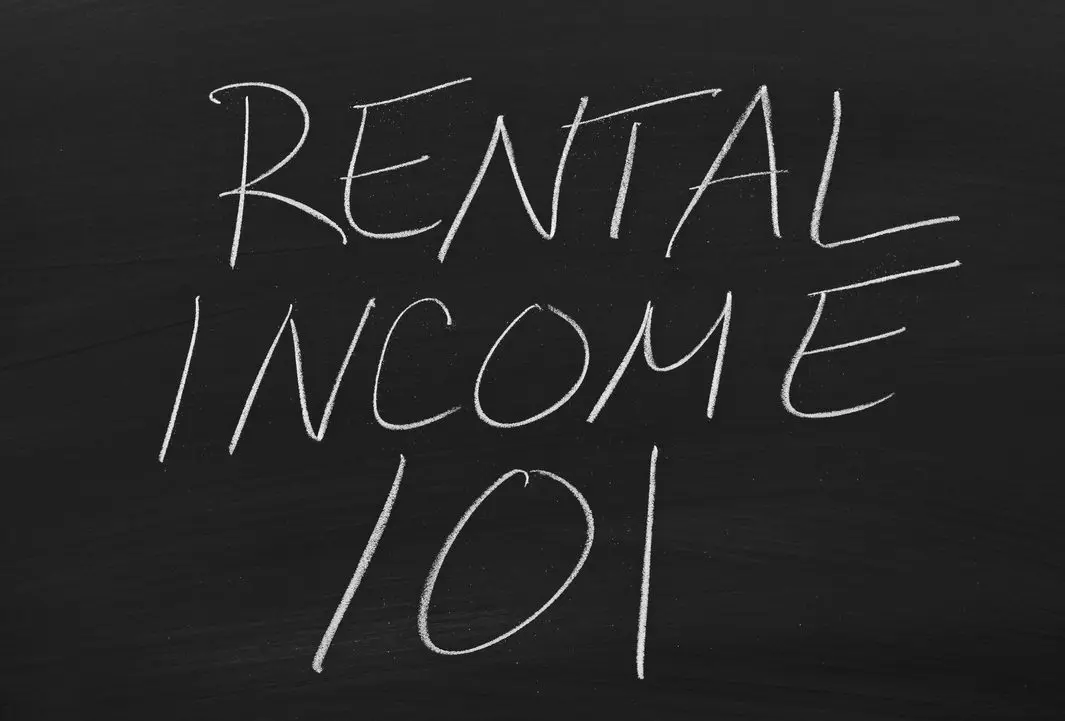As you build your portfolio, you may find yourself wondering if you should start a real estate holding company. This can be a viable option for tax advantages and to increase the worth of your current real estate holdings. Like any investing strategy, there are pros and cons to starting a holding company, such as an LLC.
Before we get started, we have to say that this information is solely based on our experience and personal opinions. This isn’t legal advice, and if you need clarification about how this will work for you in your particular situation, we recommend speaking to an attorney or an accountant. Questions like “should I incorporate my rental property?” and “how do I purchase real estate under an LLC” are examples of great questions that may be better answered by the service professionals.
To determine whether forming an LLC is your next best step, you need to understand what it is and how it works. Many investors feel that forming a holding company for real estate is the best business structure for rental properties for many reasons. We will get to those reasons below.
What is a holding company?
A holding company is a type of firm that owns other investments, including whole companies, instead of engaging in operating activity itself. It’s a way to reduce risk and liability when it comes to investing in property. The financing, deed, and contract are under the name of the holding company, not you as the individual investor. In this blog, we will refer to one of the most popular forms of holding companies, the LLC.
What is the purpose of a holding company?
An LLC is meant to protect your business. When you use an LLC for your rental properties, you are protected as a business entity but allowed to claim the income on your tax return. Basically, if you plan to invest in real estate for business purposes, an LLC will protect your other assets should something happen to one of your properties.

Still not sure about how it works? Here are a few real estate holding company examples:
Let’s say you buy an investment property, a tenant falls down the stairs and decides to sue you for their clumsiness. They could come after your personal assets via a personal injury lawsuit.
Or maybe you and your tenant disagree about whether or not you will be returning their security deposit. They could decide to settle it in court, putting your personal assets on the line.
When you create an LLC, the only assets in jeopardy are those owned by the LLC. This means your home, car, bank account, and other assets aren’t in danger if a tenant decides to sue.
There are many reasons why working through an LLC is considered one of the best business structures for investors:
Forming a Real Estate Holding Company: The Pros
Taxes
Buying property through an LLC has significant tax benefits. In fact, some investors choose to structure their investments for the tax benefits alone. Acquiring property through an LLC allows investors to avoid double taxation. Any income earned by the property goes to the owner, who then only pays taxes as an individual. However, the owner still gets the protections of an LLC. It’s classic “have your cake and eat it too” scenario. Another benefit of using an LLC for real estate is that both the rental income and the appreciation value are exempt from tax penalties. Owning a single-member LLC means the mortgage interest can be deducted as well. An LLC, when it comes to rental properties, means fewer taxes and more deductions. It’s a win-win.
Protection of Assets
As we mentioned before, another huge benefit to investing in real estate using an LLC is reducing the risks associated with investing. If a tenant decides to sue you, forming an LLC for rental property protects your personal assets from a lawsuit. In a dreaded lawsuit situation, your worst-case scenario would be that your rental property would be vulnerable. But in the grand scheme of things, this is a much better option than all of your personal finances being exposed.
Ownership Transfer
A less talked about pro, but a pro nonetheless, is the ease in which you can transfer property to a different owner if you need to. Using the LLC as a business structure for your rental properties, you can transfer the shares (through inheritance or as a gift) without having to get a new deed. This means less work on your part, minimizing the required paperwork and fees required in a traditional real estate transfer.
Forming a Real Estate Holding Company: The Cons
Just like any other investment strategy, there are certain things that you need to be aware of to save yourself time and money.

Financing
Part of setting up an LLC is paying the startup costs. Like most companies, you’ve got to put money in to get money out. When it comes to financing, many investors have reported having a harder time getting real estate investment loans. Some lenders are hesitant to give the approval for financing when working through an LLC than as a private real estate investor.
Exceptions For Asset Protection
In real estate, not everything is black and white. While the asset protection benefit is a significant factor in why investors choose this business strategy, it does have some fine print. There are unique situations that leave your personal assets unprotected, and it’s important to know what these situations are before you start the LLC. Also, there are circumstances when an LLC makes it harder to settle a legal dispute. Being well educated and informed about these variables will prevent any unpleasant surprises in the future.
In our 20+ years of real estate experience, we’ve learned a few things. And one thing is for sure: real estate has its risk and rewards. We’ve been through them both. Forming a holding company for your real estate investments is one way to prevent chaos if something happens in one of your properties that results in a lawsuit. While the idea of an LLC real estate structure is popular amongst seasoned real estate professionals, newbies are getting in on the action as well. This strategy, although not perfect, can have numerous advantages in 2019 that help investors build their portfolios, acquire wealth, and minimize their risks.



